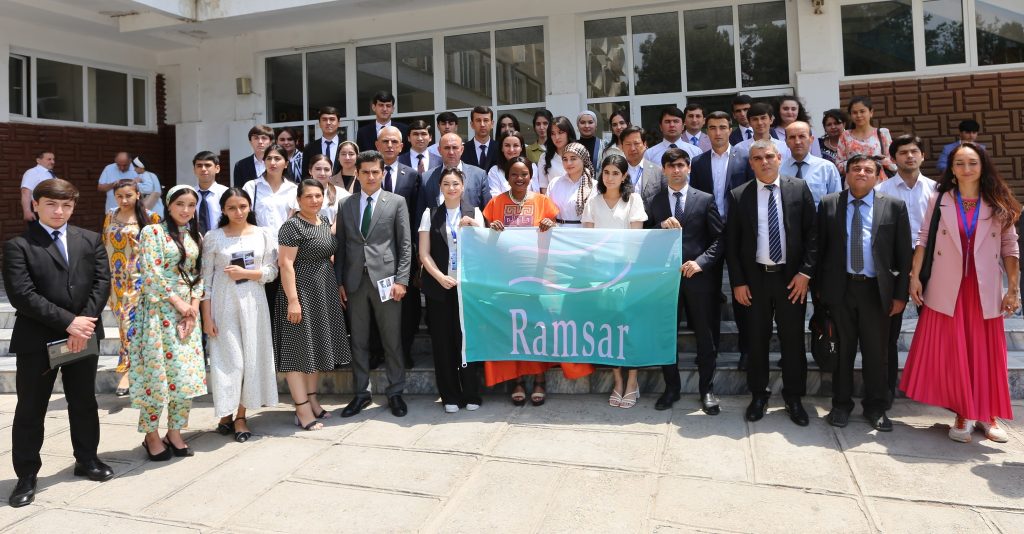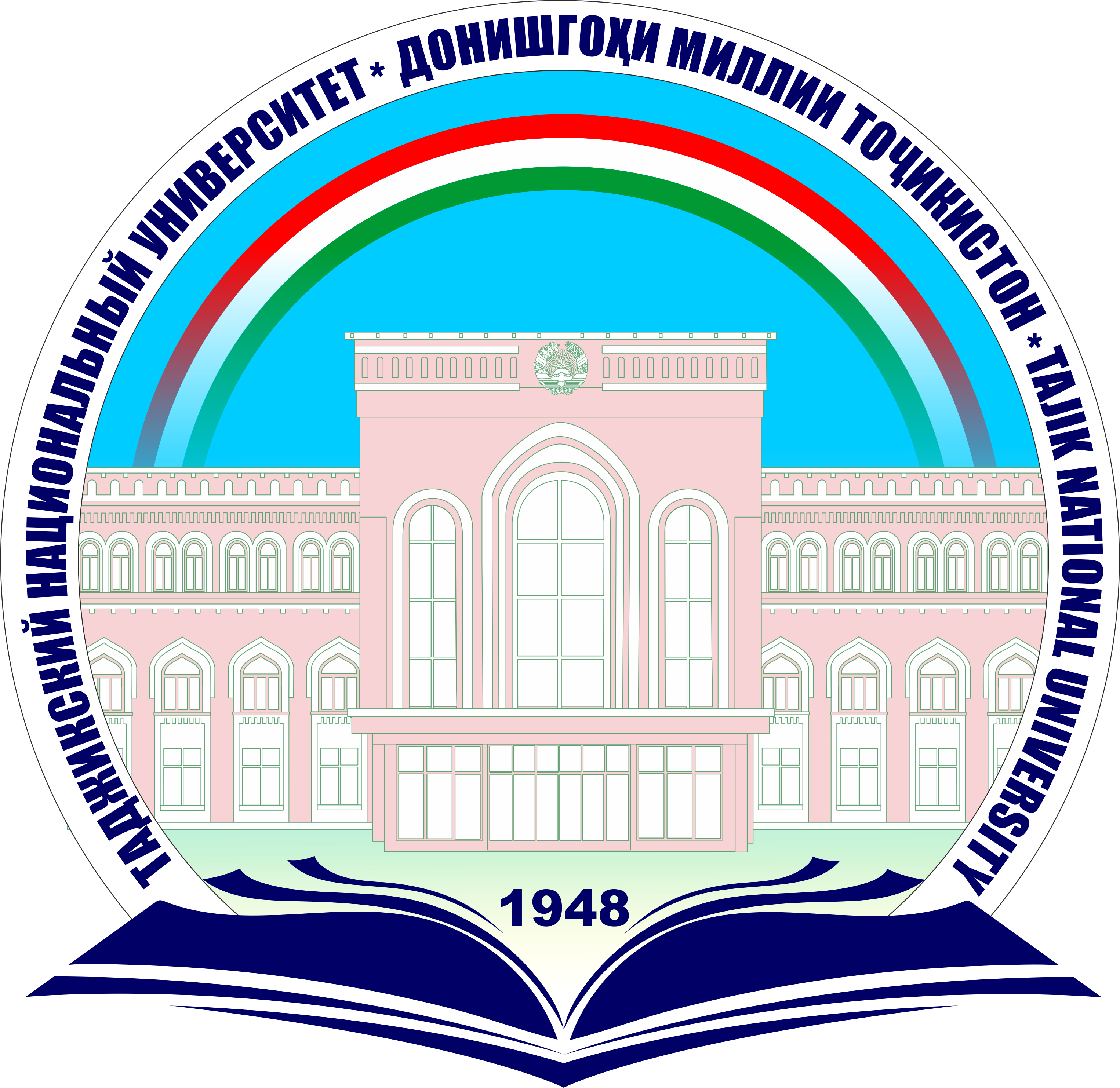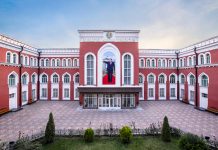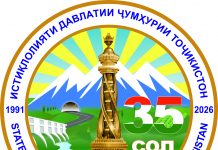
Today, as part of the High-Level International Conference on Glacier Protection, which is ongoing in Dushanbe until May 31, an educational seminar and open lecture was held at the Tajik National University. The event was organized in cooperation with the Committee for Environmental Protection under the Government of the Republic of Tajikistan, and featured the participation of Ms. Musonda Mumba, Executive Secretary of the UN Convention on Wetlands (Ramsar Convention).
The seminar brought together faculty members, students, and postgraduates from the Tajik National University, the Academy of Public Administration under the President of the Republic of Tajikistan, the Russian-Tajik (Slavonic) University, and the Branch of Moscow State University named after M.V. Lomonosov.
The seminar focused on the topic: “The Impact of Glacier Melting on Wetland Ecosystems: Restoration and Protection for the Future.” Its main goal was to raise ecological awareness, especially among young people, regarding the crucial role of wetlands and glaciers in ecosystems, and the urgent need for their conservation and restoration.
Ms. Musonda Mumba, in her speech, highlighted international best practices in protecting wetlands and combating glacier melting, stressing the importance of global cooperation and youth engagement in environmental initiatives.
Following this, Dean of the Faculty of Geology of TNU, Mr. R. Sh. Andamiyon, presented scientific data on climate change and its effects on Tajikistan’s glaciers and wetland ecosystems. He emphasized the importance of both national and international research in this area.
He also paid special attention to the wise environmental policy of the Leader of the Nation, His Excellency Emomali Rahmon, whose global initiatives — such as the proclamation of the International Decade for Action “Water for Sustainable Development, 2018–2028”, the International Year of Glacier Preservation (2025), and the establishment of the World Glacier Day (March 21) — demonstrate Tajikistan’s strong commitment to addressing global environmental challenges.
First Deputy Chairman of the Committee for Environmental Protection, Mr. I. Sh. Shukurzoda, stated that the protection of glaciers and related ecosystems is a key priority in the country’s environmental and national security strategies. He also outlined ongoing governmental plans and initiatives in this direction.
The seminar concluded with active discussions and a fruitful Q&A session, serving as a valuable platform for the exchange of knowledge, experience, and ideas. It provided a meaningful opportunity for students, researchers, and professionals to better understand the pressing challenges of climate change, glacier melting, and the protection of fragile ecosystems, while enhancing their ecological literacy and perspective.









